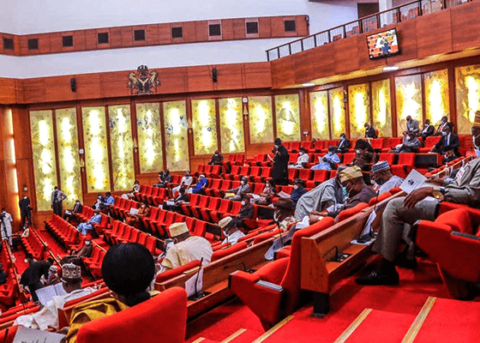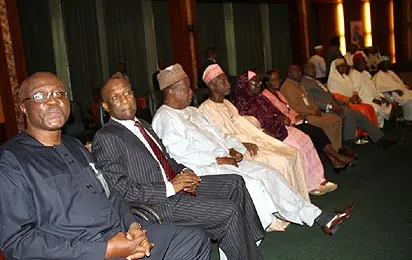Last Thursday morning, I received one of those annoying messages trending about issues arising from the recent elections. It was a quotation from a certain John B. Macintosh, which was patently anti-Igbo and was supposedly an account of what transpired between Nigeria’s Independence Prime Minister, Sir Abubakar Tafawa Balewa and his killers, on the morning of the January, 1966 coup.
I was shocked that such a material could be passed around at a time when what Nigeria needed was to begin the process of healing and unity after a divisive and bruising campaign and elections.
I questioned the relevance of such a material in 2015, and wondered why quotations would be extracted outside of the context of those times to try to fight battles of a different epoch. I argued with my friend, also a well-known columnist, that we have a country to build and we should promote materials that help to make Nigeria work for all its peoples.
It worried me further, that later that day, I would be in the midst of middle-aged Nigerian professionals who were positing the same chauvinistic perspectives, especially against the background of the controversy around the alleged curse and threats issued by Oba Akiolu of Lagos against the Igbo in that state if they refused to vote for his preferred candidate in the gubernatorial elections.
Teaching of history
I think one of the greatest disservices done to our country in the past three decades, is the way that the teaching of history has gradually vacated the educational space in our country.
Just like the pay-as-you-go services of phone companies, history has become a terrain of dilettantes, with each one positing versions of historical accounts that cannot stand the scrutiny of scholarship, but are often able to whip up hysteria and hatred in society.
If we do not re-visit the devaluation of history, then we are likely to continue to harvest crises arising from ignorance that comes masked in the most irresponsible framing of our different peoples and our individual and collective historical encounters, in enemy modes that make it difficult to build an inclusive country.
But there are also green shoots of growth that can make us happy, and none moreso, than marriages across the dividing lines of ethnicity and other barriers in our country. Last Friday, I attended the wedding ceremony of Sir Lucky Omoluwa’s daughter, Evelyn in Abuja.
The ceremony showcased Urhobo culture to the fullest with many of Omoluwa’s friends from all over Nigeria, decked in the traditional gears of the Urhobo people. The young lady was getting married to Samson Kato from the Southern part of Kaduna State.
I think ceremonies across these cultural distances help to bind us together away from the bellicose threats that elite groups and denizens of the social media hurl at each other, especially within a political context of struggle for power. Nigerians are living with each other, are building relations of a personal nature or are engaged in business, social, economic, sporting and other relationships, which bind us together firmly, as citizens of the same country where we share the different shades of our humanity.
Those who hurl hysterical threats at each other, or remove historical writings and statements outside of the context within which they emerged do a lot of damage to the peaceful cohabitation of our peoples but in the long run, they won’t determine the present and future of our country.
The small and big gestures of human relationships, such as the marriages across our chasms, as we saw between Evelyn Omoluwa and Samson Kato, last week will triumphantly vindicate the nationalist potentials of the Nigerian society.




